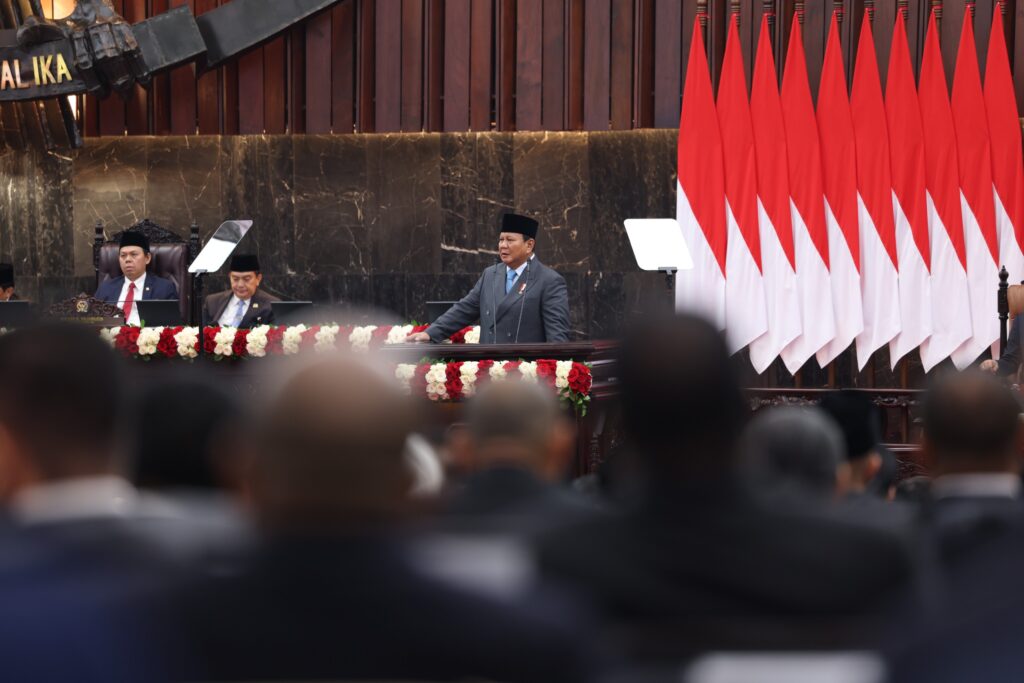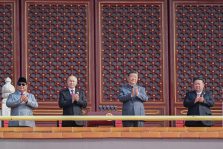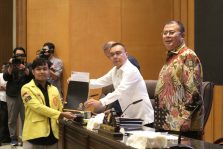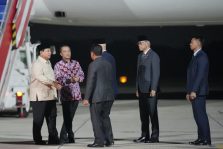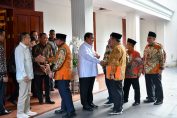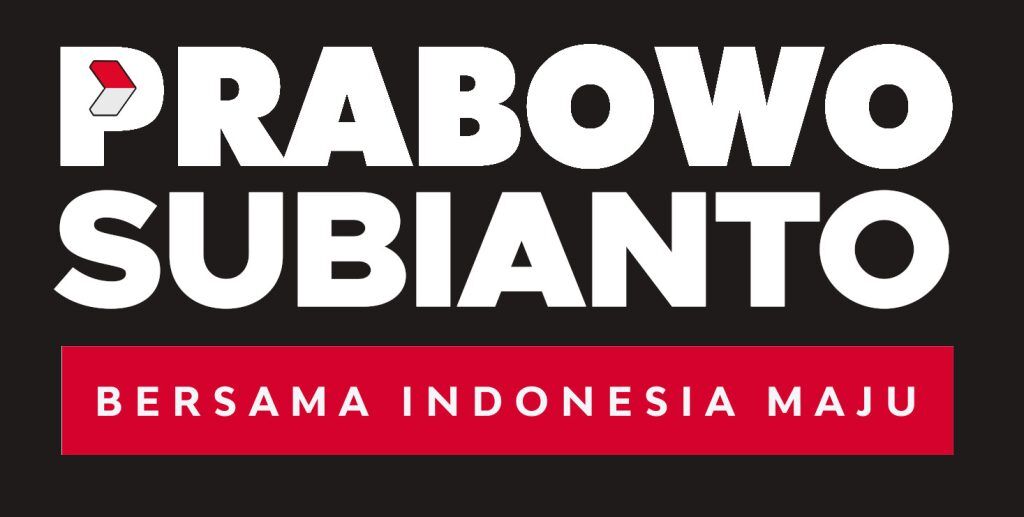Prabowo Announces Large-Scale Rice Mills Will Require Special Permits: “Don’t Play Games With the People’s Basic Needs”
Jakarta — Indonesian President Prabowo Subianto on Friday vowed to shield the public from profiteers who exploit the people’s hardship for outsized gains, declaring that no one — not even the most powerful business interests — is above the law.
“As long as I serve as President of the Republic of Indonesia, never think that the big and the wealthy can act with impunity,” Prabowo said in his State of the Nation Address at the parliamentary complex in Jakarta. “We are not intimidated by your size. We are not intimidated by your wealth, because your wealth comes from the people of Indonesia.”
Prabowo underscored that his administration will fully exercise the authority granted under the 1945 Constitution and Law No. 7 of 2014 on Trade. He warned that any business hoarding essential goods during shortages or price volatility could face up to five years in prison or a maximum fine of 50 billion rupiah (about $3 million).
“We will prosecute you, and by the constitutional powers vested in the presidency, we will seize what we can seize,” he said. “We will protect the people, defend their interests, and ensure Indonesians are not victims of greed — of those who chase maximum profit, deceive and sacrifice our people, and spirit those profits and riches out of the Republic of Indonesia. This must stop.”
He also stressed that industries critical to the livelihood of the people must remain under state control, as mandated by the nation’s founders. “This is the legacy of Bung Karno, the legacy of Bung Hatta, the legacy of Bung Sjahrir,” he said. “I am convinced they stood on the side of truth.”
To that end, Prabowo said the government will introduce stricter policies requiring large-scale rice milling operations to obtain special permits.
“Today, after careful consideration by the government to protect the people’s right to rice — in the right quantity, the right quality, and at affordable prices — I am announcing that large-scale rice mills must obtain special government permits if they wish to continue operating in this sector,” he declared. “If not, the big players should move into other industries. Do not meddle in the people’s basic needs.”

